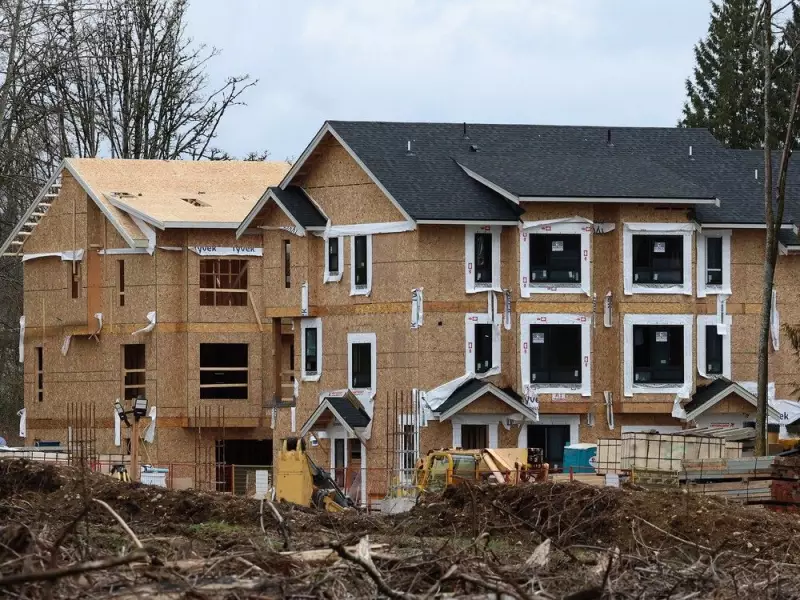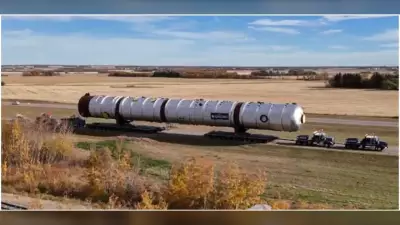
Metro Vancouver's Housing Affordability Crisis Persists
Despite recent cooling in Metro Vancouver's housing market, home ownership remains out of reach for many families across the region. While typical home prices have declined from their peak of approximately $1.25 million in mid-2022 to about $1.14 million as of September 2025, this modest decrease fails to address the fundamental affordability challenges facing middle-income households.
Stark Reality for Middle-Income Families
A recent study from the Fraser Institute reveals the alarming disconnect between family incomes and housing costs in Metro Vancouver. According to 2023 data, the median after-tax income for families stood at $64,660 annually, while the typical home price reached $1.17 million.
This income-to-price ratio creates an almost impossible barrier to home ownership. Families would need to save $238,240 for a 20% down payment - equivalent to more than three and a half years of their entire after-tax income. Even after managing this substantial down payment, monthly mortgage payments would exceed $6,052, surpassing the family's complete monthly take-home pay.
Rental Market Offers Little Relief
For those completely priced out of the ownership market, renting provides minimal comfort. Metro Vancouver ranked as Canada's second least-affordable rental market in 2023, with median rental units costing $1,715 per month. This represents 31.8% of the median after-tax family income, significantly higher than the $1,035 (26.3%) recorded a decade earlier in 2014.
Construction Challenges Compound Crisis
The recent price declines have created additional complications for housing supply. While lower prices might seem beneficial for buyers, they've made it increasingly difficult for builders to cover construction costs, leading to a sharp reduction in new home construction precisely when the region needs more housing units.
This problematic dynamic is exacerbated by government policies at multiple levels. Despite hundreds of millions in taxpayer dollars allocated to housing initiatives by federal, provincial, and municipal governments, unnecessary costs, delays, and restrictions continue to hamper homebuilding efforts.
Municipal approval processes represent a significant bottleneck. In Vancouver, approval for new housing projects takes 7.7 months on average - more than twice as long as in Edmonton (3.4 months) or Regina (3.2 months). This extended timeline stems from complex and time-consuming permitting procedures that delay much-needed housing supply from reaching the market.
According to analysts Tegan Hill and Austin Thompson, builders would construct more homes in Metro Vancouver despite falling prices if not for these lengthy approval processes and costly government fees. Without substantive reforms that reduce both costs and delays for homebuilders, the region's housing crisis shows no signs of meaningful improvement.






